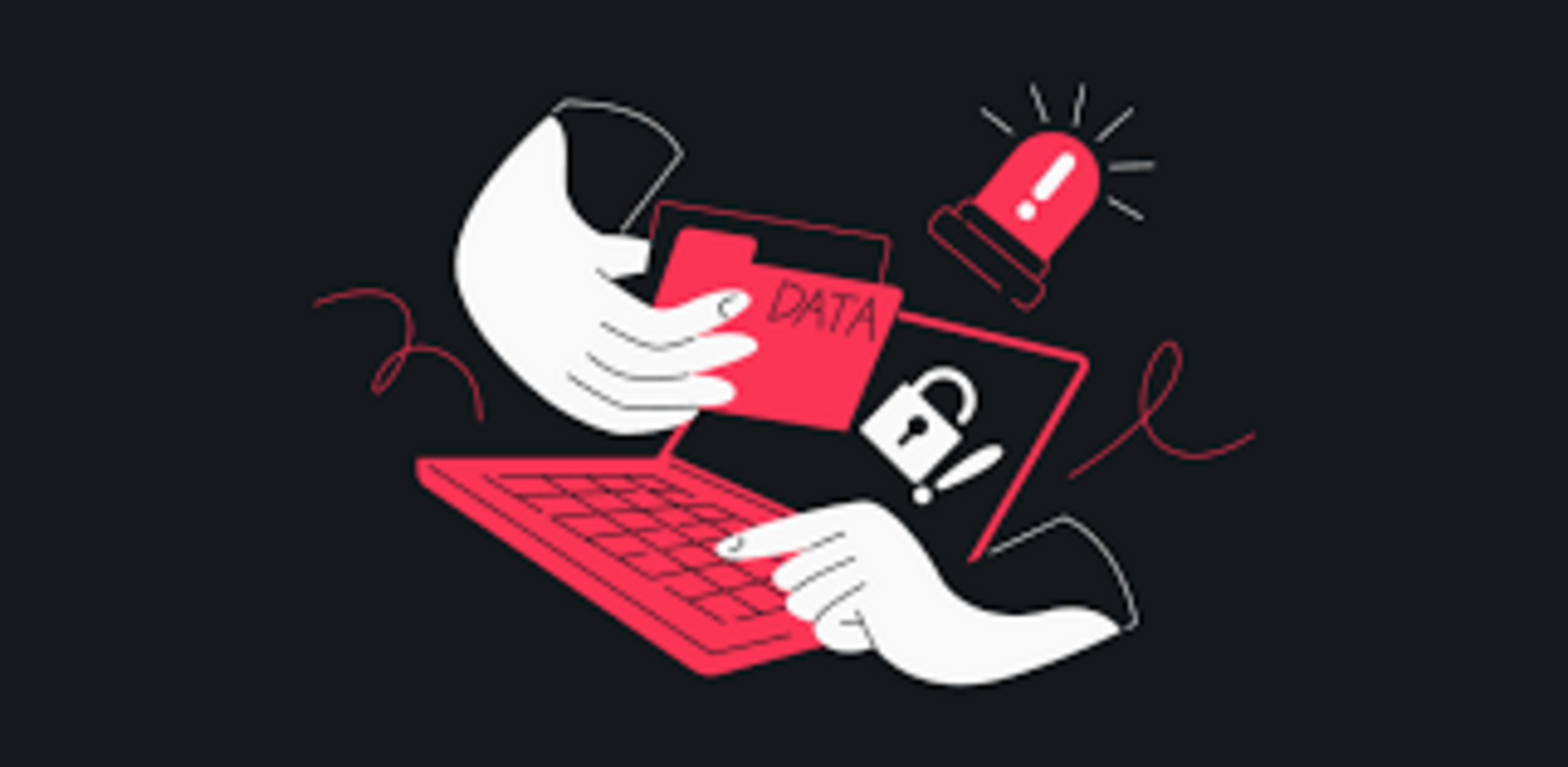In October 2025, DoorDash suffered a **sophisticated social engineering attack** where an unauthorized third party tricked an employee into granting access to internal systems. The breach compromised **personal information**—including names, email addresses, phone numbers, and physical addresses—of an unspecified number of **customers, delivery workers (Dashers), and merchants**. While DoorDash claimed no 'sensitive' data (e.g., credit cards, SSNs, passwords) was exposed, the leaked details pose risks for **phishing, identity theft, and targeted scams**. The incident mirrors past breaches (2019: 5M users; 2022: driver license numbers), highlighting persistent vulnerabilities in **employee training and third-party risk management**. The company offered **free credit monitoring** but faced criticism for reactive measures. The breach underscores systemic gaps in the gig economy’s cybersecurity, with potential **reputational damage, regulatory scrutiny, and heightened risks for affected users** (e.g., Dashers’ physical safety).
DoorDash cybersecurity rating report: https://www.rankiteo.com/company/doordash
"id": "DOO5203452112125",
"linkid": "doordash",
"type": "Breach",
"date": "6/2019",
"severity": "85",
"impact": "4",
"explanation": "Attack with significant impact with customers data leaks"{'affected_entities': [{'customers_affected': 'Unspecified number (potentially '
'large, given user base)',
'industry': 'Gig Economy / Technology',
'location': 'United States (primary market)',
'name': 'DoorDash',
'size': 'Over 30 million users (customers, Dashers, '
'merchants)',
'type': 'Food Delivery Platform'},
{'customers_affected': 'Personal data exposed',
'location': 'Primarily United States',
'name': 'DoorDash Customers',
'type': 'Individuals'},
{'customers_affected': 'Personal data exposed '
'(including physical addresses, '
'raising safety concerns)',
'industry': 'Food Delivery',
'location': 'United States',
'name': 'Dashers (Delivery Workers)',
'type': 'Gig Workers'},
{'customers_affected': 'Personal/contact data exposed',
'industry': 'Food Service',
'location': 'United States',
'name': 'Merchants',
'type': 'Businesses'}],
'attack_vector': 'Phishing/Social Engineering (employee manipulation to gain '
'internal system access)',
'customer_advisories': 'Emails sent to affected individuals offering 1 year '
'of free credit monitoring via Experian.',
'data_breach': {'data_exfiltration': 'Likely (data accessed by unauthorized '
'party)',
'number_of_records_exposed': 'Unspecified (potentially large, '
'given 30M+ user base)',
'personally_identifiable_information': ['Names',
'Email addresses',
'Phone numbers',
'Physical addresses'],
'sensitivity_of_data': 'Moderate (no financial data or '
'passwords, but PII can enable '
'phishing/identity theft)',
'type_of_data_compromised': ['Personally Identifiable '
'Information (PII)']},
'date_detected': 'Early October 2025',
'date_publicly_disclosed': 'Mid-November 2025',
'description': 'A sophisticated social engineering attack compromised '
'personal information of DoorDash customers, Dashers (delivery '
'workers), and merchants in October 2025. An unauthorized '
'third party tricked a DoorDash employee into granting access '
'to internal systems, exposing names, email addresses, phone '
'numbers, and physical addresses. While DoorDash downplayed '
'the severity (claiming no credit card details, SSNs, or '
'passwords were accessed), experts warn that exposed data can '
'be weaponized for phishing, identity theft, or targeted '
'scams. The breach highlights persistent vulnerabilities in '
'employee training and third-party risk management within the '
'gig economy.',
'impact': {'brand_reputation_impact': 'Negative; erosion of trust in gig '
'economy platforms, potential '
'regulatory scrutiny',
'data_compromised': ['Names',
'Email addresses',
'Phone numbers',
'Physical addresses'],
'identity_theft_risk': 'High (exposed PII can be used for '
'phishing, spear-phishing, or '
'cross-referencing with other databases)',
'legal_liabilities': 'Possible fines or mandated audits under '
'regulations like CCPA; historical context of '
'lawsuits from 2019 breach',
'operational_impact': 'Notification process to affected users '
'(mid-to-late November 2025), partnership '
'with security firms for investigation',
'payment_information_risk': 'Low (DoorDash confirmed no credit '
'card details or passwords were '
'accessed)',
'revenue_loss': 'Minor stock dip reported',
'systems_affected': ['Internal systems (unspecified)']},
'initial_access_broker': {'entry_point': 'Phishing email targeting a DoorDash '
'employee',
'high_value_targets': ['Internal systems containing '
'customer/Dasher/merchant '
'PII']},
'investigation_status': 'Ongoing (in collaboration with external security '
'firms)',
'lessons_learned': ['Human error remains a critical vulnerability; robust '
'employee training and MFA enforcement are essential.',
'Third-party risk management requires stricter controls, '
'especially in gig economy platforms with vast PII '
'repositories.',
'Proactive measures (e.g., zero-trust architectures, '
'AI-driven anomaly detection) are needed to prevent '
'recurring breaches.',
'Data minimization strategies can reduce breach impacts '
'by limiting stored PII.'],
'motivation': ['Data Theft',
'Potential Financial Gain (via phishing/identity theft)',
'Targeted Scams'],
'post_incident_analysis': {'corrective_actions': ['Enhanced employee '
'verification processes.',
'Partnerships with security '
'firms to audit and fortify '
'defenses.',
'Potential adoption of '
'zero-trust architectures '
'and AI-driven monitoring '
'(recommended).'],
'root_causes': ['Inadequate employee training on '
'social engineering tactics.',
'Lack of enforced multi-factor '
'authentication (MFA) for internal '
'systems.',
'Systemic third-party risk '
'management gaps (historical '
'context from 2022 vendor breach).',
'Over-reliance on reactive '
'measures rather than proactive '
'security postures.']},
'recommendations': ['Implement **zero-trust security models** to eliminate '
'implicit trust in users/devices.',
'Enforce **multi-factor authentication (MFA)** for all '
'employee and third-party access.',
'Conduct **regular phishing/social engineering '
'simulations** to test employee vigilance.',
'Adopt **AI-driven anomaly detection** to flag unusual '
'access patterns in real time.',
'Strengthen **third-party vendor security audits** to '
'mitigate supply chain risks.',
'Enhance **data minimization practices** to limit '
'exposure of non-essential PII.',
'Improve **transparency in breach disclosures**, '
'including timely updates on affected user counts.',
'Invest in **privacy-by-design frameworks** to embed '
'security into platform architecture.'],
'references': [{'source': 'CT Insider'},
{'source': 'TechCrunch'},
{'source': 'USA Today'},
{'source': 'BleepingComputer'}],
'regulatory_compliance': {'legal_actions': 'Possible (historical context of '
'lawsuits from 2019 breach)',
'regulations_violated': ['Potential violations of '
'California Consumer '
'Privacy Act (CCPA)']},
'response': {'communication_strategy': 'Public statements downplaying '
'severity, emails to affected users '
'with mitigation advice (password '
'updates, account monitoring)',
'containment_measures': ['Employee verification process '
'enhancements',
'System access reviews'],
'enhanced_monitoring': 'Implemented for employee access and '
'unusual activity',
'incident_response_plan_activated': 'Yes (swift action upon '
'discovery)',
'remediation_measures': ['User notifications (email)',
'Free credit monitoring via Experian (1 '
'year)'],
'third_party_assistance': 'Partnerships with security firms for '
'investigation and defense '
'fortification'},
'stakeholder_advisories': 'Users advised to update passwords, monitor '
'accounts, and enable two-factor authentication.',
'threat_actor': 'Unidentified unauthorized third party',
'title': 'DoorDash Data Breach via Social Engineering Attack (October 2025)',
'type': ['Data Breach', 'Social Engineering', 'Phishing'],
'vulnerability_exploited': 'Human error (employee susceptibility to scams), '
'lack of robust multi-factor authentication (MFA) '
'enforcement'}
